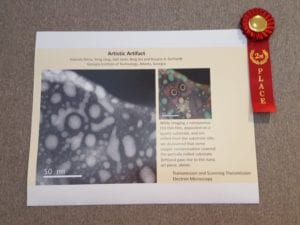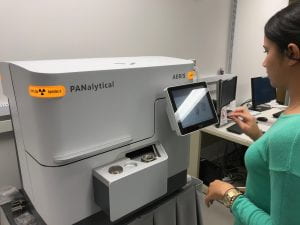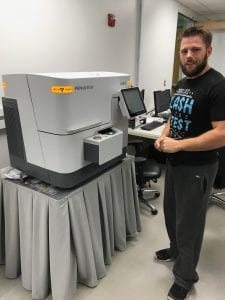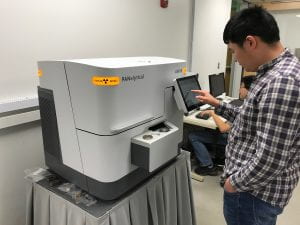A complimentary symposium created by the collaborative efforts of NCSU & Malvern PANalytical
Organized by: Professor Jacob L. Jones (NCSU) & Dr. Scott A. Speakman (Malvern PANalytical)
Agenda:
November 8, 2017 1:00pm – 5:00pm – Symposium
November 8, 2017 5:30pm – 7:00pm – Poster Session
November 9, 2017 9:00am – 4:00pm – Symposium
Non-ambient X-ray diffraction is a useful tool for determining phase stability, studying phase transformations, and following reaction pathways and kinetics. Practical examples include in-situ battery analysis for developing new cathode materials, understanding pharmaceutical stability with temperature and humidity, quantifying growth kinetics of nanocrystalline systems, and many more. New non-ambient chambers, faster instruments, and automatic data processing make non-ambient diffraction an ever-increasingly powerful technique. However, there are issues that can trip up the unwary, such as thermal gradients, unwanted reactions, systematic errors, etc. This symposium will feature lectures by leading researchers developing and using non-ambient diffraction on laboratory instruments, synchrotrons, and neutron beamlines. Lectures will focus on the research potential of non-ambient diffraction and practical advice for collecting accurate and useful data.
Attendees are encouraged to present a poster on their work related to this symposium. Speakers will judge the posters and prizes will be awarded to the top 3.
This is a free workshop and you can sign up for it here.
For those that cannot attend, David Tavakoli will be attending and will distribute notes to anyone interested.




